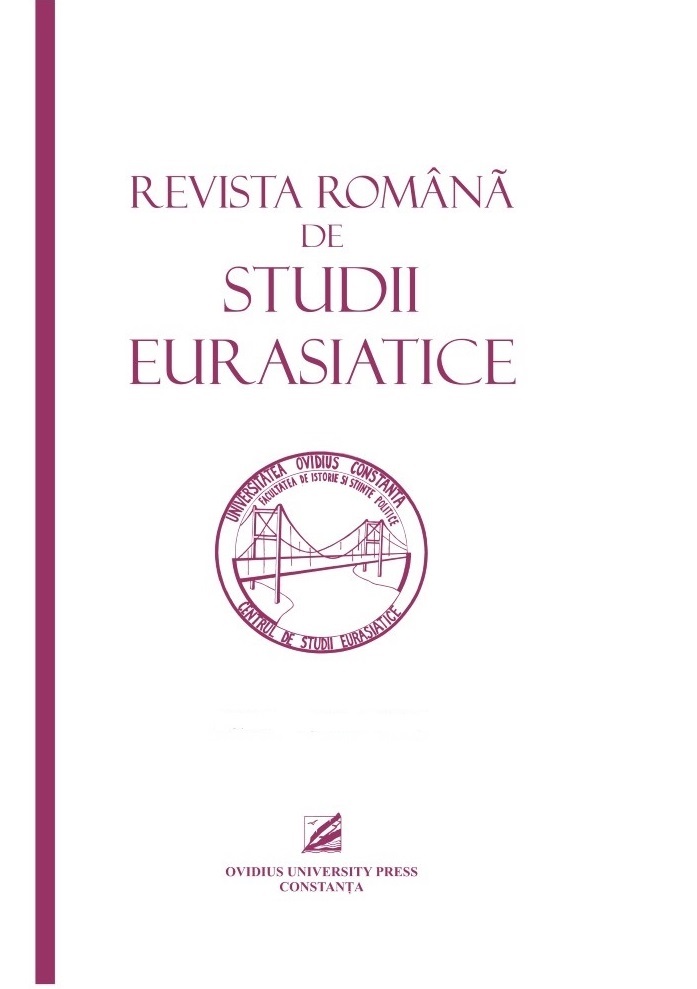A DIACHRONIC ANALYSIS OF DACOROMANIAN INFLUENCES IN THE FUNERAL RITUAL OF THE TARTARS OF DOBRUJA
A DIACHRONIC ANALYSIS OF DACOROMANIAN INFLUENCES IN THE FUNERAL RITUAL OF THE TARTARS OF DOBRUJA
Author(s): Mirela KozlovskySubject(s): Cultural history, Customs / Folklore, Local History / Microhistory, Oral history, Ethnic Minorities Studies
Published by: Ovidius University Press
Keywords: folklore; traditions; customs; ethnic communities; funeral ritual; Tartars of Dobruja;
Summary/Abstract: Dobruja, one of the provinces of Romania, spreading between the Danube and the Black Sea, is a good example of multi-ethnic cohabitation. For hundreds of years, it has been the home of peoples which, through their culture, way of life, and tolerance, have yielded the current configuration of the region’s profile. A collection of documents and chronicles containing precise references to the ethnic origin of the population of Dobruja clearly shows that the majority of the rural population in the region was Romanian. The population of the ports was fluctuating and heterogeneous. The Turkish-Tartar population, which was Muslim, lived mainly around the town of Babadag. Turkish and Tartar shepherds in search of pastures left behind material traces which attest to the local Turkish-Tartar folklore. Irrespective of its place of origin, each ethnic group, be it a minority or a majority one, was able to assert its identity both inside and outside its community. The numerous cultures and civilisations which settled in this province have maintained their national specificity for hundreds of years. Nevertheless, these peoples have also carried out gradual mutual exchanges, which are currently regarded as identity-defining cultural assets. The evolution of society and the infiltration of the urban lifestyle have led the villages in Dobruja to gradually abandon their patriarchal way of life, while the Dobruja peoples’ traditional manners of manifestation lost some of the picturesque character of the original cultures. The ethnic groups of Dobruja, these sedentary, isolated, and relatively closed communities, preserved ancient practices regarding the customs associated with the cycle of life – birth, marriage, death. These evolved into complex systems, integrated into the ethnic traditions of each people and have presently acquired social, ceremonial or spectacle-like significations. The objective of this research is to highlight the evolution of the funeral ritual of the Tartars of Dobruja and the Dacoromanian influences that have left their mark on it in time. The investigation method employed in this scientific enterprise is the semi-directive interview. The subjects were selected based on their age and experience with respect to the chosen theme.
Journal: Revista Română de Studii Eurasiatice
- Issue Year: 14/2018
- Issue No: 1-2
- Page Range: 43-54
- Page Count: 12
- Language: English

